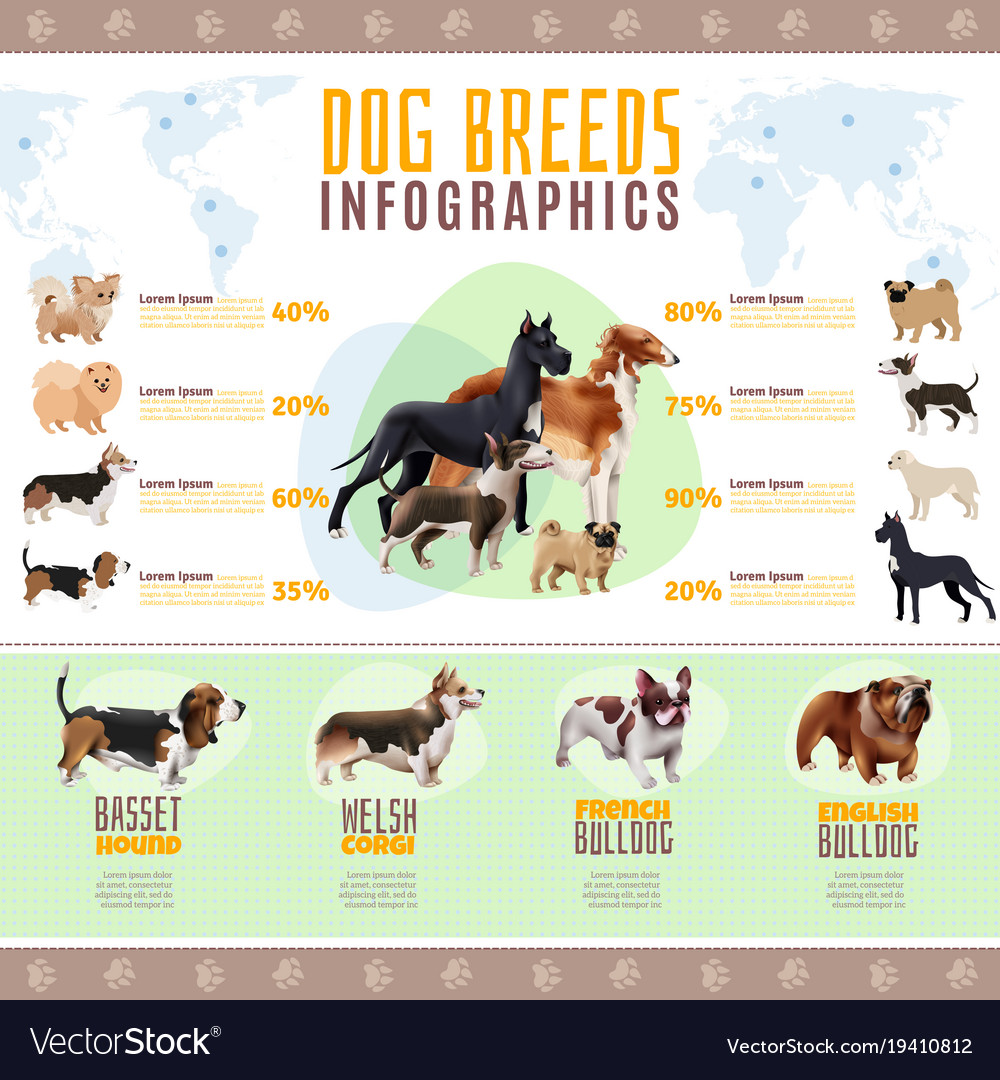How To Choose The Right Dog Day Care Center
How To Choose The Right Dog Day Care Center
Blog Article
Can Canine Childcare Cause Disease?
Pet dogs in day care receive great deals of workout, socialization with other pets and one-of-a-kind experiences. This can be especially valuable for puppies and pets with behavior problems.
There are a number of lawful factors to consider you need to consider when beginning a dog childcare business. These include the structure of your service and conformity with federal government regulations.
1. Canine Distemper
Canine distemper is spread with straight contact with the physical liquids and waste of a contaminated dog, however it can additionally be sent via shared water and food bowls or through airborne droplets. This extremely infectious ailment is most unsafe for puppies, but it can impact dogs of any type of age and is fatal for many if left without treatment.
First signs and symptoms of canine distemper often imitate a cold, including drippy eyes and nose with watery or pus-like discharge. As the illness advances, a pet dog will certainly create high temperature, coughing, lowered appetite, vomiting and diarrhea. The virus can also attack the nerve system, leading to seizures, jerking and partial or total paralysis.
Trustworthy childcares lower exposure to infection by requiring vaccinations, routine health examinations and follow strict hygiene methods. If your dog appears overly exhausted or limping, a day of rest may help him recover, but you should avoid taking him back to daycare till these signs and symptoms improve.
2. Kennel Coughing
Kennel cough, also known as infectious canine tracheobronchitis or Bordetella, is a highly transmittable viral or microbial illness that impacts the breathing tract. It's commonly transferred via the exchange of saliva or air beads that an ill canine exhales. Social dogs are at greater threat for infection as a result of their constant interaction with one another, such as when they play, share food or water, sniff one another or simply meet in a jampacked setting like a pet dog park or daycare.
The most usual signs and symptom of kennel cough is a persistent and strong coughing that seems like something stuck in the throat or retching. Frequently, pets will certainly spend frothy white phlegm. If left unattended, a pet can establish pneumonia and be at serious threat forever.
A trusted daycare center should have rigorous cleaning and sanitation methods, disinfect all toys, food and water bowls regularly, and be open concerning their vaccination policies. Maintaining your canine up to day on their vaccinations, specifically for bordetella and canine flu, will significantly reduce their chances of getting the disease.
3. Parvovirus
Canine parvovirus, or parvo, is a highly transmittable viral disease that can be deadly for pups and young person canines with inadequate body immune systems. It's most commonly spread out by direct contact with contaminated pet dog feces-- which can happen when pets smell, lick, or taste contaminated feces-- and indirectly from contaminated individuals, items, or environments (like kennels, brushing rooms and grass). Young puppies and dogs without full vaccination backgrounds are particularly at risk to parvo.
The infection is extremely durable, surviving in the setting for up to 9 years, and can easily be moved between pets by contact via feces or on shoes, apparel, and bed linen infected with parvovirus. If not dealt with right away with IV fluids, electrolyte balance, throwing up control medicines and anti-biotics to avoid second bacterial infections, a pet will rapidly dry out and develop serious diarrhea, which causes shock and sepsis. Parvo is challenging to heal when a pet has come to be ill, but with proper vet care, lots of pups do survive this health problem.
4. Canine Influenza
Pooch influenza infection is very contagious and spreads via direct get in touch with, sharing food and water bowls, licking or nuzzling various other dogs, with air-borne droplets, and through polluted surface areas. Vaccination works in reducing the danger of infection and episodes.
Most impacted pets develop a moderate respiratory system infection with a cough that lasts 1-3 weeks. They may additionally have nasal and ocular discharge, sneezing, and lethargy. A few of one of the most major situations cause pneumonia and a high fever.
If your dog displays any one of these symptoms, do not bring them back to day care till they are healthy and balanced. If your canine is revealing indicators of extreme tiredness or hopping, talk with your vet right now and see to it they are on good health supplements to assist construct their immunity. A veterinarian will examine your dog for signs of the influenza dog daycares near me by taking an example from the nose or throat, and blood tests can be done to verify.